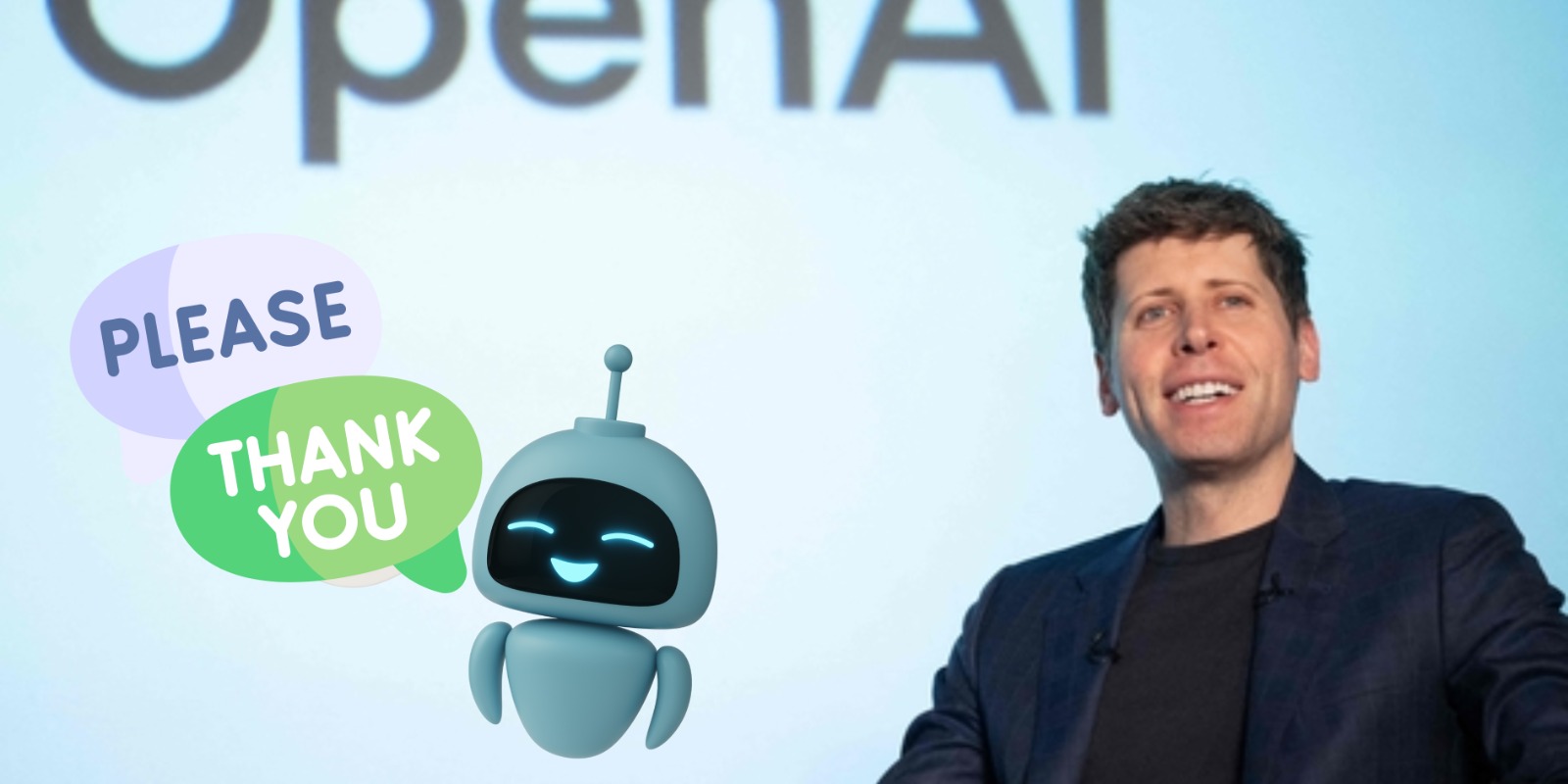Table of Contents
Politeness Meets Technology
We often teach children that saying “please” and “thank you” is polite. But did you know that using these words with ChatGPT, an AI chatbot, is costing OpenAI, the company behind it, tens of millions of dollars? Let’s explore how simple manners can have a big impact on technology and the environment.
The Hidden Cost of Politeness
Whenever someone types a message to ChatGPT, it processes the input using powerful computers. Adding extra words like “please” and “thank you” means processing more data, which requires more computing power. This leads to higher electricity usage and increased operational costs for OpenAI.
OpenAI’s CEO, Sam Altman, mentioned that these polite interactions are costing the company “tens of millions of dollars.” Despite the high cost, he believes it’s money well spent because it makes the AI feel more human-like and relatable.
Environmental Impact
Processing additional words doesn’t just cost money; it also affects the environment. More computing power means more energy consumption, leading to higher carbon emissions. Additionally, cooling these powerful machines often requires significant amounts of water. So, while being polite is good, it also has an environmental cost when interacting with AI.
Why People Are Polite to AI
A survey found that about 67% of people use polite language when talking to AI. Most do this out of habit, not because they think the AI has feelings. Being polite can make interactions feel more natural and human-like, which is why many people choose to use courteous language.
Benefits of Politeness
Interestingly, being polite to AI can lead to better responses. Experts suggest that polite prompts may result in more helpful and accurate answers. So, while it might cost more, using polite language could improve your experience with AI assistants.
Managing the Costs
For companies like OpenAI, the challenge is balancing user experience with operational costs. They want to provide helpful and human-like interactions without incurring unnecessary expenses. This might involve optimizing how AI processes polite language or educating users about the impact of their word choices.
Comparison Table: Polite vs. Direct Prompts
| Prompt Type | Example | Impact on Cost and Environment |
| Polite Prompt | “Can you please help me?” | Higher cost and energy use |
| Direct Prompt | “Help me.” | Lower cost and energy use |
| Polite Response | “You’re welcome, happy to help!” | Higher cost and energy use |
| Direct Response | “You’re welcome.” | Lower cost and energy use |
Conclusion: Finding a Balance
Being polite is a valuable part of human interaction and can enhance our AI experiences. However, it’s important to know the costs associated with extra words in AI conversations. By understanding the impact of our language choices, we can make informed decisions that balance courtesy with efficiency.
